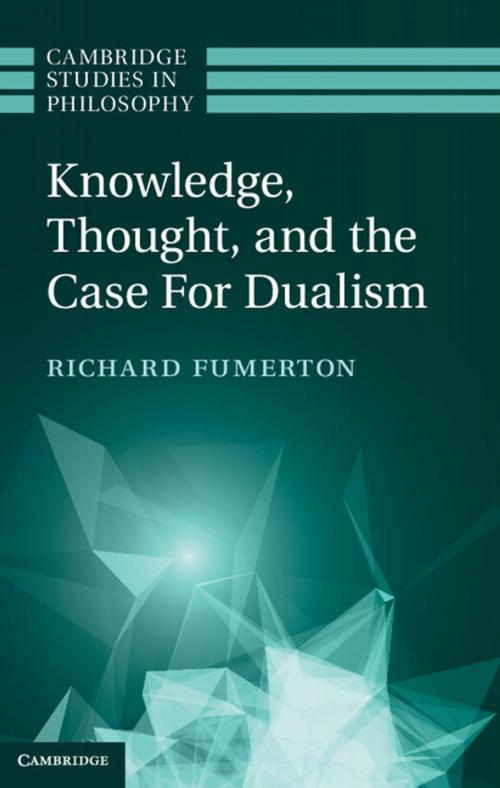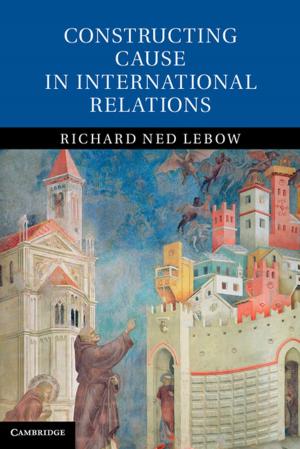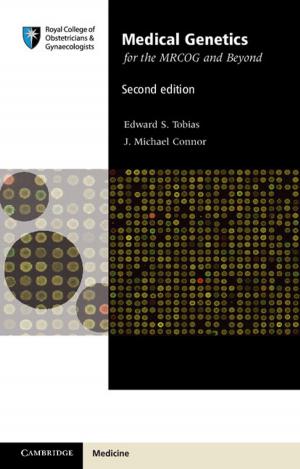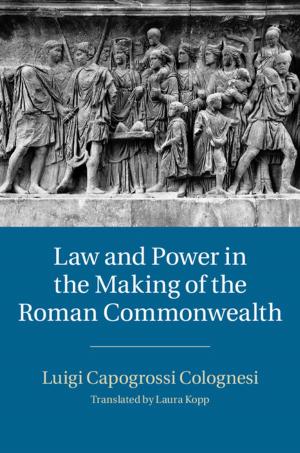Knowledge, Thought, and the Case for Dualism
Nonfiction, Religion & Spirituality, Philosophy, Epistemology, Mind & Body| Author: | Richard Fumerton | ISBN: | 9781107289857 |
| Publisher: | Cambridge University Press | Publication: | October 17, 2013 |
| Imprint: | Cambridge University Press | Language: | English |
| Author: | Richard Fumerton |
| ISBN: | 9781107289857 |
| Publisher: | Cambridge University Press |
| Publication: | October 17, 2013 |
| Imprint: | Cambridge University Press |
| Language: | English |
The relationship between mind and matter, mental states and physical states, has occupied the attention of philosophers for thousands of years. Richard Fumerton's primary concern is the knowledge argument for dualism - an argument that proceeds from the idea that we can know truths about our existence and our mental states without knowing any truths about the physical world. This view has come under relentless criticism, but here Fumerton makes a powerful case for its rehabilitation, demonstrating clearly the importance of its interconnections with a wide range of other controversies within philosophy. Fumerton analyzes philosophical views about the nature of thought and the relation of those views to arguments for dualism, and investigates the connection between a traditional form of foundationalism about knowledge, and a foundationalist view about thought that underlies traditional arguments for dualism. His book will be of great interest to those studying epistemology and the philosophy of mind.
The relationship between mind and matter, mental states and physical states, has occupied the attention of philosophers for thousands of years. Richard Fumerton's primary concern is the knowledge argument for dualism - an argument that proceeds from the idea that we can know truths about our existence and our mental states without knowing any truths about the physical world. This view has come under relentless criticism, but here Fumerton makes a powerful case for its rehabilitation, demonstrating clearly the importance of its interconnections with a wide range of other controversies within philosophy. Fumerton analyzes philosophical views about the nature of thought and the relation of those views to arguments for dualism, and investigates the connection between a traditional form of foundationalism about knowledge, and a foundationalist view about thought that underlies traditional arguments for dualism. His book will be of great interest to those studying epistemology and the philosophy of mind.















